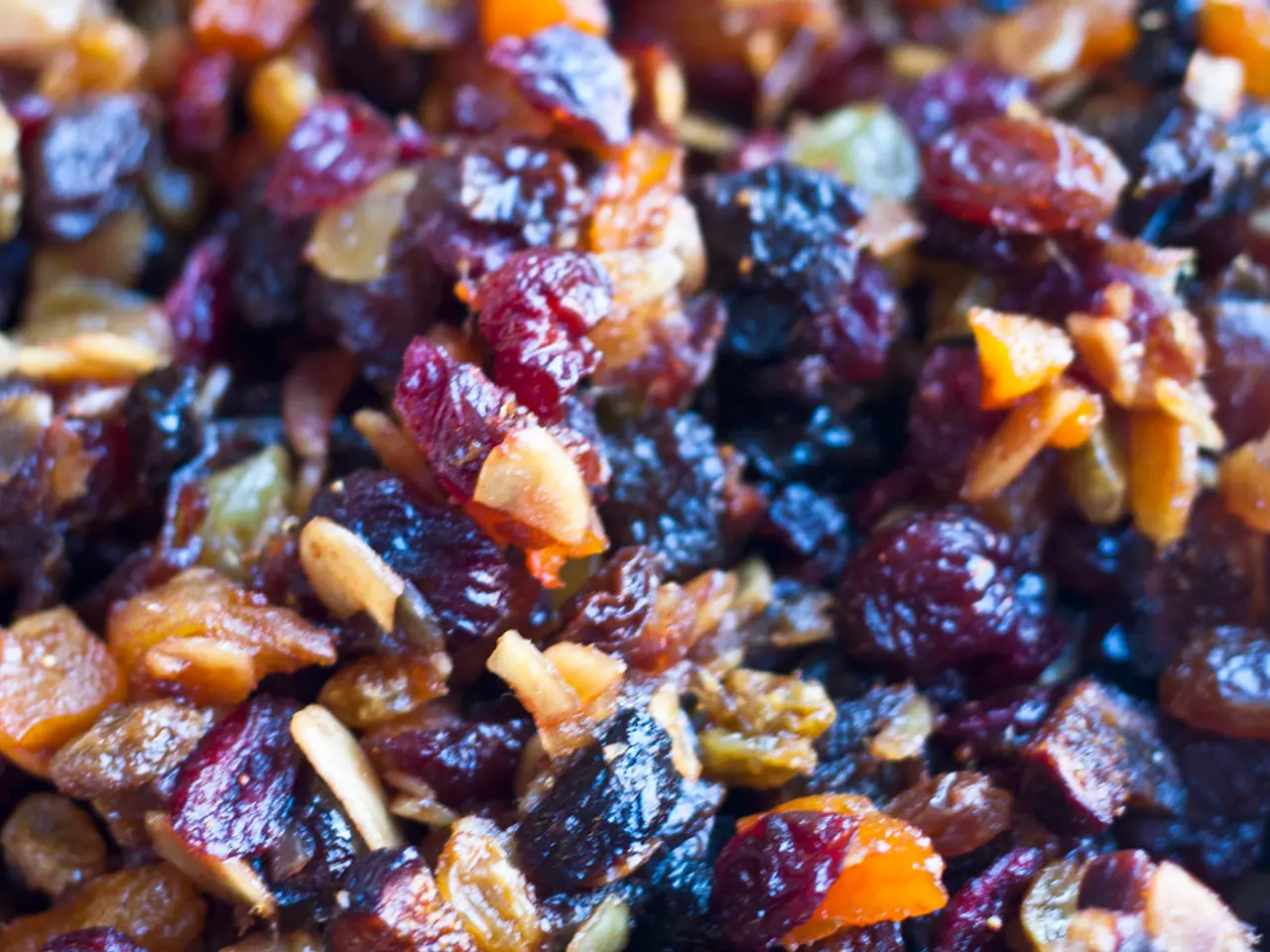Nutrition Expert Reveals Foods to Combat Hyperactivity
In the realm of Attention Deficit Hyperactivity Disorder (ADHD), the role of diet has been a subject of significant interest. Studies have suggested that certain additives, dyes, and preservatives may exacerbate hyperactive behaviour in a subset of children.
The connection between what kids eat and their overall wellbeing is undeniable. A nutrition-conscious approach to managing ADHD begins with stabilizing blood sugar, reducing inflammatory foods, and boosting nutrients linked to brain function. This approach aims to create a balanced diet that can help children feel better and behave more calmly.
Research has delved into various nutrients, including omega-3 fatty acids, iron levels, zinc, and magnesium. Correlations have been found between deficiencies in these nutrients and worsened ADHD symptoms.
The suggestion by Joe Wicks that ultraprocessed foods might have contributed to his childhood hyperactivity sparked controversy. However, it underscores the importance of considering the impact of our dietary choices on our children's health.
Leading nutrition experts recommend addressing individual food intolerances, increasing intake of omega-3 fatty acids, complex carbohydrates, and reducing consumption of sugar- and fat-rich nutrient-poor foods. Avoiding food additives like certain colorants may also help in some cases, but it's important to note that no single nutrient or food cures ADHD.
It's crucial to clarify that ADHD is not caused by food. However, the food we eat can modulate the symptoms of ADHD, especially in children. Blood sugar spikes from high-sugar foods can lead to crashes in energy and attention, which can exacerbate ADHD symptoms.
In conclusion, while food does not cause ADHD, it can play a significant role in managing the symptoms. A diet focused on stabilizing blood sugar, reducing inflammatory foods, and boosting nutrients linked to brain function can help children with ADHD feel better and behave more calmly. As always, it's recommended to consult with a healthcare professional when making significant changes to a diet, especially for children with ADHD.








